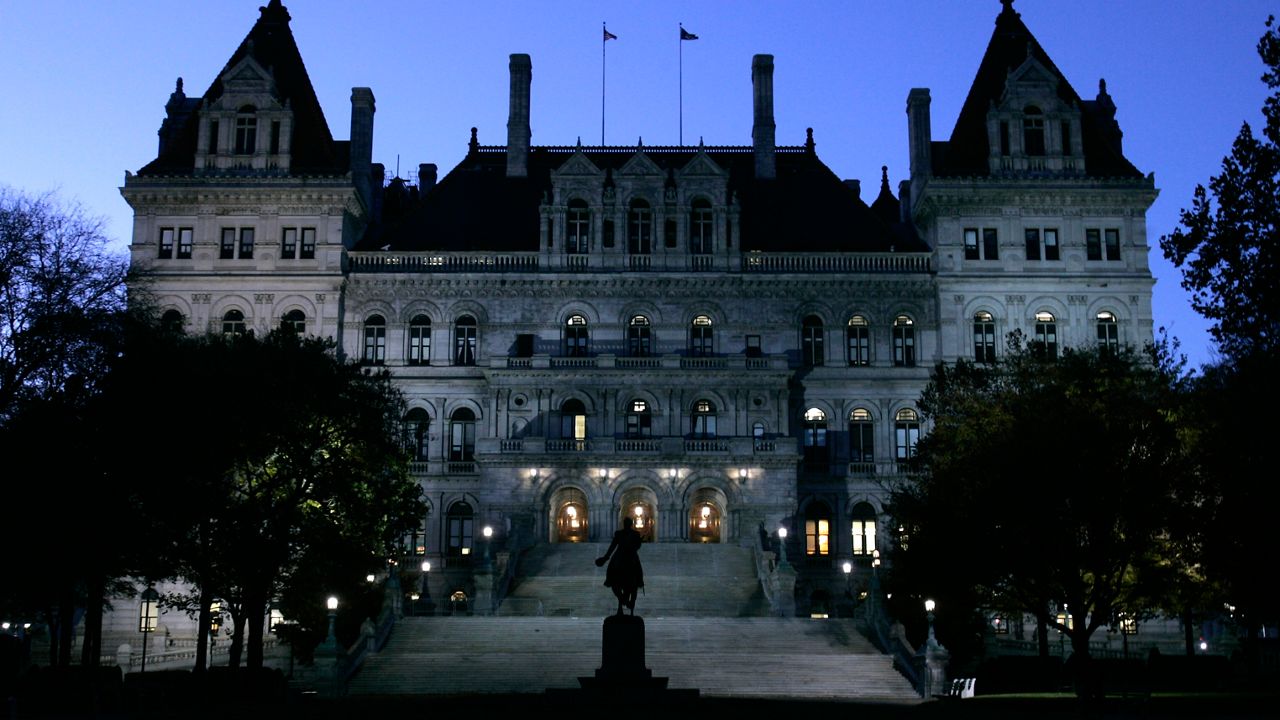New York's tentative $212 billion budget is perhaps one of the most far-reaching spending plans in the last decade. It will increase taxes on upper income earners in New York, provide more money for schools and health care programs, and create a framework for continuing to fund these programs in the future.
The budget is a massive document; it takes state lawmakers hours to debate it and pass it, let alone be briefed on, ahem, what's actually in it.
There is going to be a lot to go through with this budget, but here are just three ways the spending plan will affect life in New York.
1. School aid and pre-kindergarten expansion
Schools will have their funding super charged in this budget, boosted by $1.4 billion annually in direct aid a year for the next three years. The money will especially impact school districts that do not have big tax bases that can raise money from property taxpayers. After a year of the pandemic and the troubles facing schools, districts were hoping for more funding that could help with reopening fully by the fall, and even spend extra to aid with the mental health fallout of the pandemic.
And there's additional funding for expanding pre-kindergarten programs through much of the state.
2. Property tax and rent relief
Households that make $250,000 or less are going to be in line for property tax relief in the form of what's known as a "circuit breaker" provision that links relief to income. New York has some of the highest property taxes in the country even as the state moved to limit increases on the local level. Circuit breaker provisions cost money, considering they are, in essence, cash back to homeowners who qualify. This $500 million plan will affect about 1.3 million households.
The budget also includes $2.4 billion for rent relief as well as aid for landlords who were affected by the COVID-19 pandemic.
3. Mobile sports gambling
The complicated push to legalize mobile sports gambling in New York — allowing people to place bets using their phone, tablet, mobile device, etc. — had been caught up in the thicket of gaming regulations in New York. We don't know all the details of the agreement just yet, and whether an exclusivity clause for tribal casinos in parts of upstate New York has been resolved. But the budget's move to legalize mobile sports gambling puts New York in the same league as neighboring New Jersey, which has already had the measure in place.


